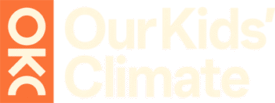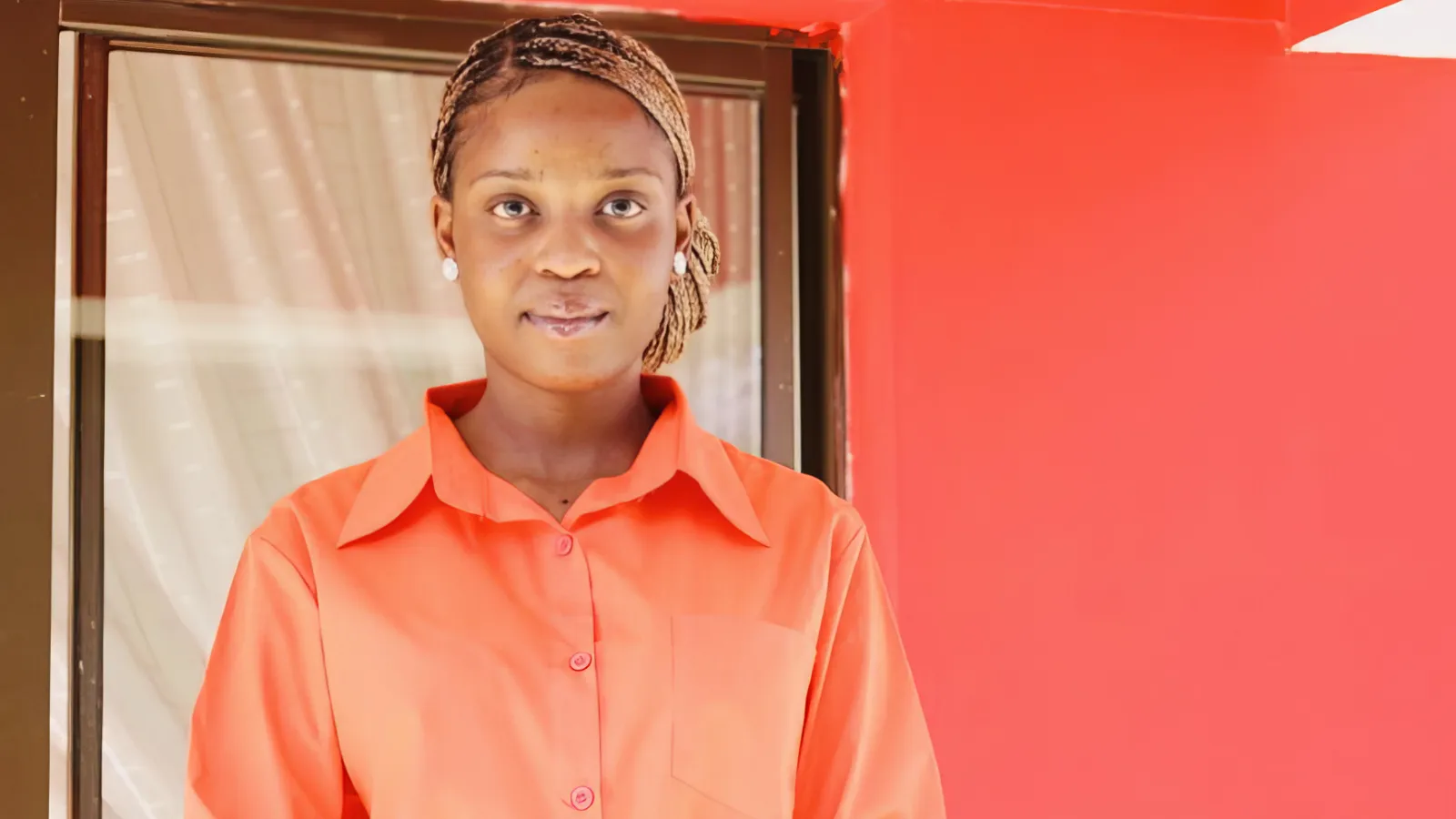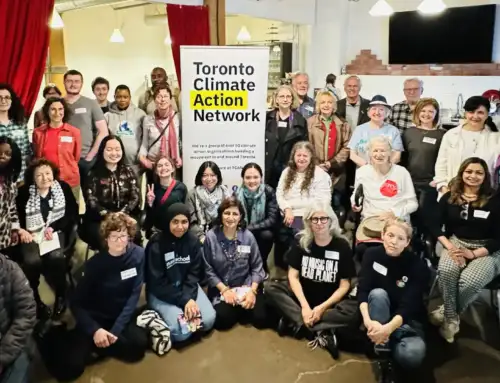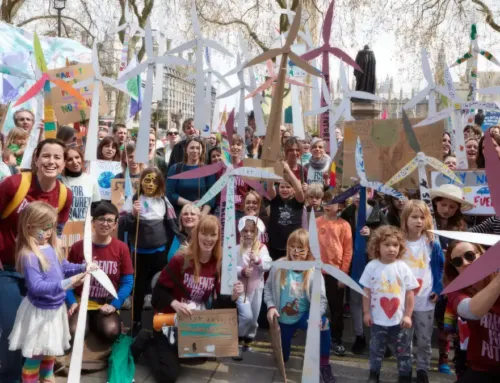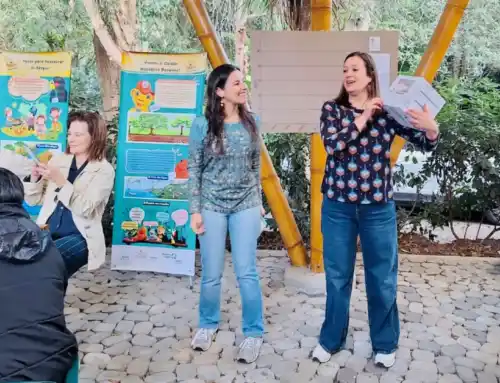STORIES
Thabo Nicole Mwandama
Threads of Hope: Creating community-driven climate solutions in Zimbabwe
Thabo Nicole Mwandama is a social worker and climate activist who works with communities in climate-affected regions of Manicaland, Zimbabwe. Her work is centered on climate resilience and adaptation to protect the rights of vulnerable groups such as women, children, and the less privileged. She initiated a project in her community – the Chipinge Crocheting Group – which brings different generations together to tackle plastic waste and generate income for climate resilience. Thabo is working to further develop this model and expand the project to other communities in Zimbabwe. Thabo was a recipient of OKC’s Fellowship in 2024.
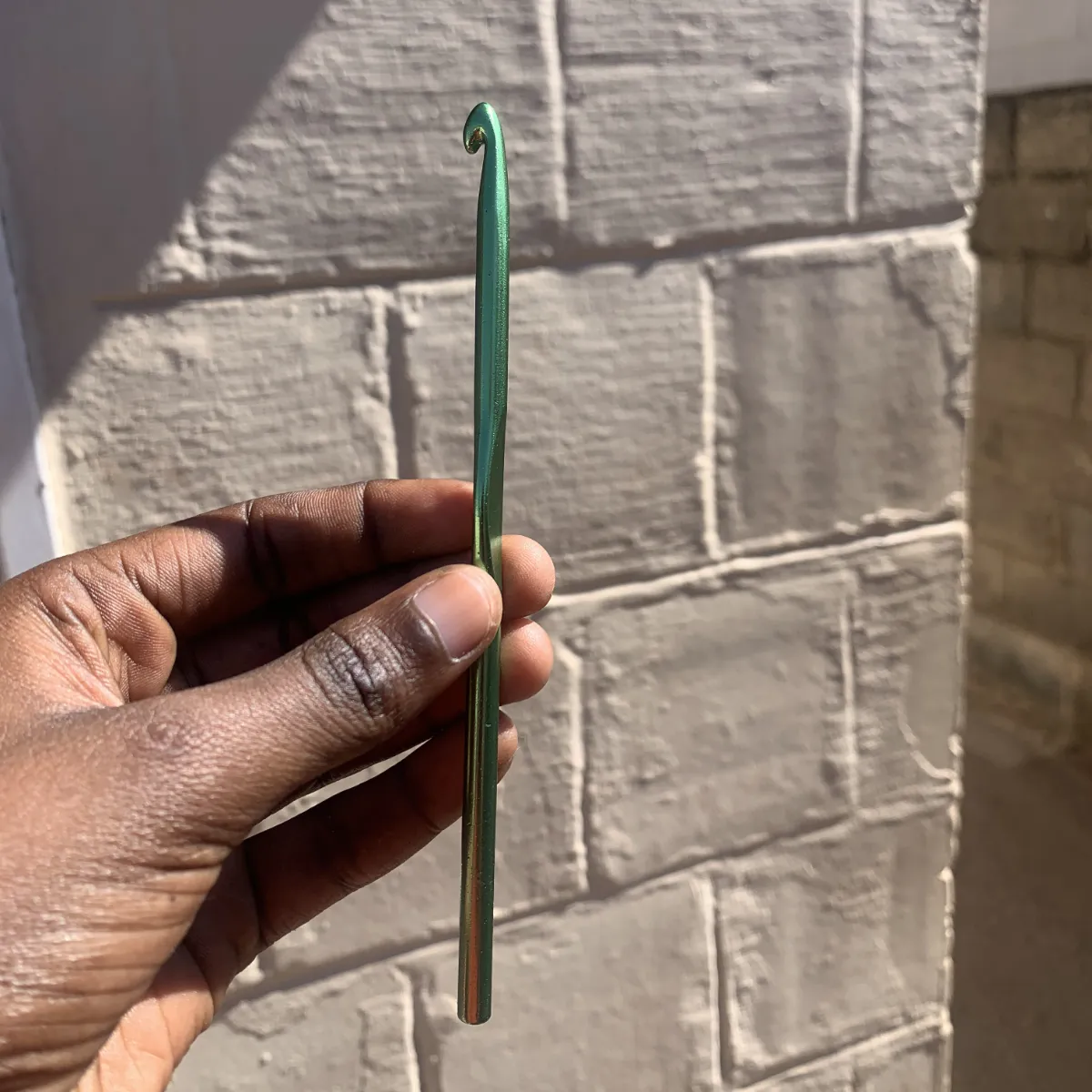
I started thinking about climate issues in 2019, when Zimbabwe experienced Cyclone Idai, which impacted a hundred thousand people, leaving almost 200 people dead. I lost a friend, a member of my community so it had a deeply personal impact on me too. I witnessed how we didn’t have sufficient resources to cushion ourselves from the effects that were happening. We were completely unprepared for the scale of this disaster, and I wanted to do something to uplift my community. This was a pivotal moment, and I decided to pursue social work instead of law at university.
Of all the problems that my community has, our biggest challenge is waste management. We have a community pit where we compost our biodegradables and use the compost during the farming season – but the plastic waste is another story! There’s plastic waste everywhere and we simply didn’t know what to do with it anymore. So, that’s where the idea for the Chipinge Crocheting Group came from. I reached out to my community, we came together and did a lot of brainstorming before trying out products that were crocheted with plastic waste. My community is visited by many tourists – both international and local so there is a ready market for the bags and mats that we crochet from plastic waste.
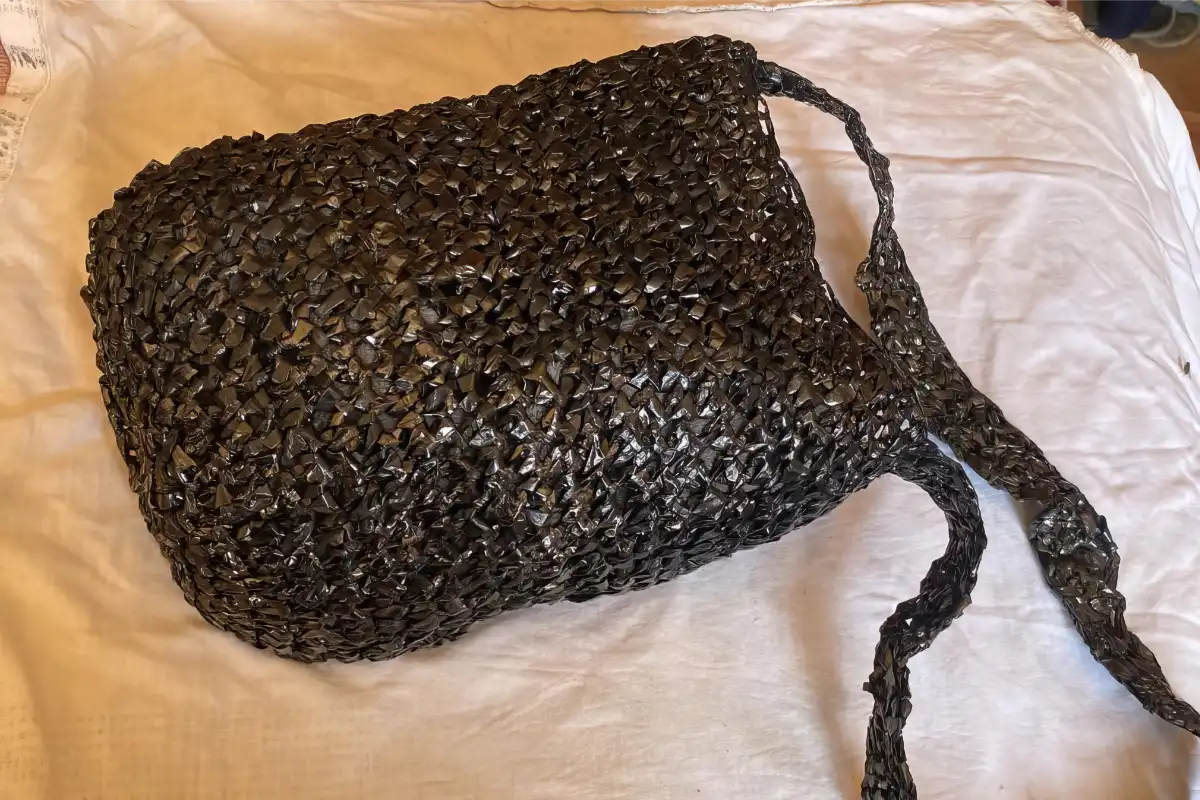
Our main idea was to create common savings for the community. In 2019, we did receive some aid after the cyclone but it came too late and wasn’t enough for everyone. So we ended up fighting for resources. I wanted to start something that would enable us to be resilient and also adapt to certain situations that we will surely face as we face more conditions caused by climate change. My goal was for my community to become financially independent, and to set up a bank account for the community, where we would contribute a portion of the proceeds that we earned from the products we sold and use it during times of crisis.
It’s a lot of work though. The first step was a clean-up campaign led by younger people – we had to actually pick up all the litter, disinfect it, wash them with detergents, cut them into strips and then we start the crocheting process. Of course none of us knew how to crochet anything and that’s where our grandmothers and mothers stepped in to help!
My grandmother is such a ‘hands-on’ person – she truly believes that everything is useful and wastes nothing. She’s always recycling and reusing. I grew up watching her make little mats and bags with plastic waste so when we reached out to our elders, they were more than happy to teach us to crochet. They’re our coaches! And now we’re a team of 60 people – 45 women and 15 men – we’re students, unemployed youth, elders, children – we’re a diverse group and meet twice a week to work together and plan our next steps.
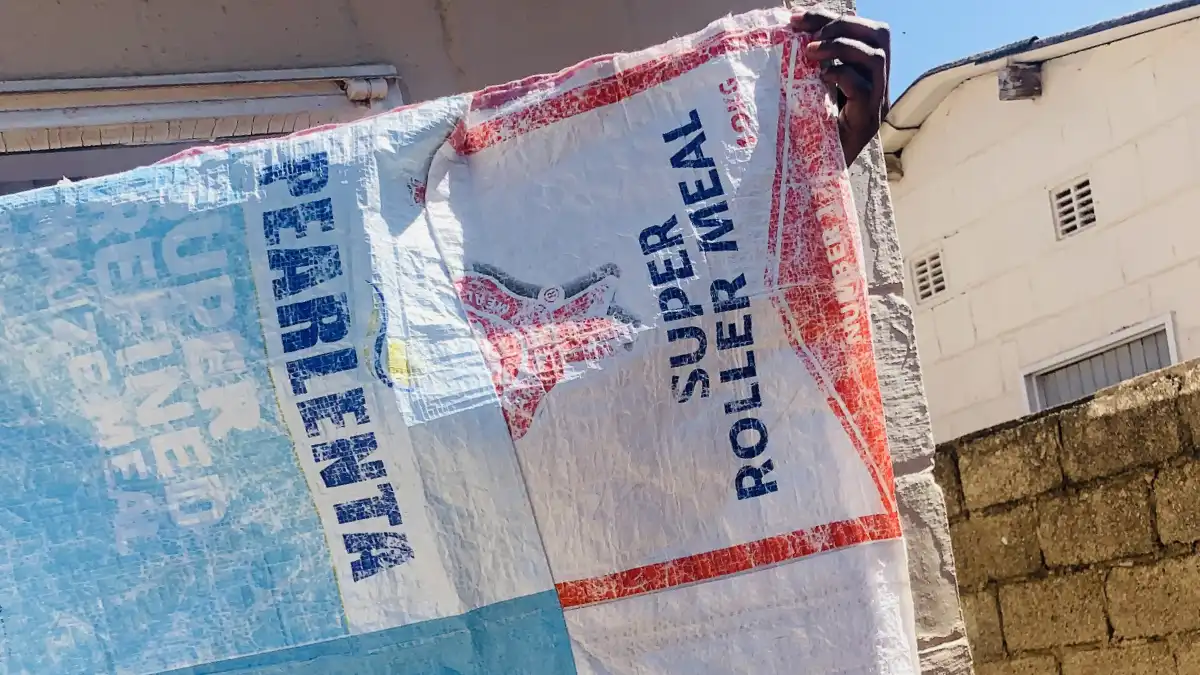
Our experience in 2019 shook up the entire community and that memory keeps us motivated. No one wants to experience that again. We already know that if something is to happen to us, our government and the aid will not reach us in time to really make a difference. So the best thing that we can do is to come together and create a solution for ourselves.
Zimbabwe has a high unemployment rate, young people have no work, young women do not have the financial independence that they need to escape toxic households. Our elderly feel that they have no purpose. So I feel like this group gave everyone a purpose and gave everyone something to give back and something to also take back within the households. Everyone gets to keep a certain percentage of the proceeds that their product is sold for. We now actually have some savings for the entire community that can cushion us in a time of need.
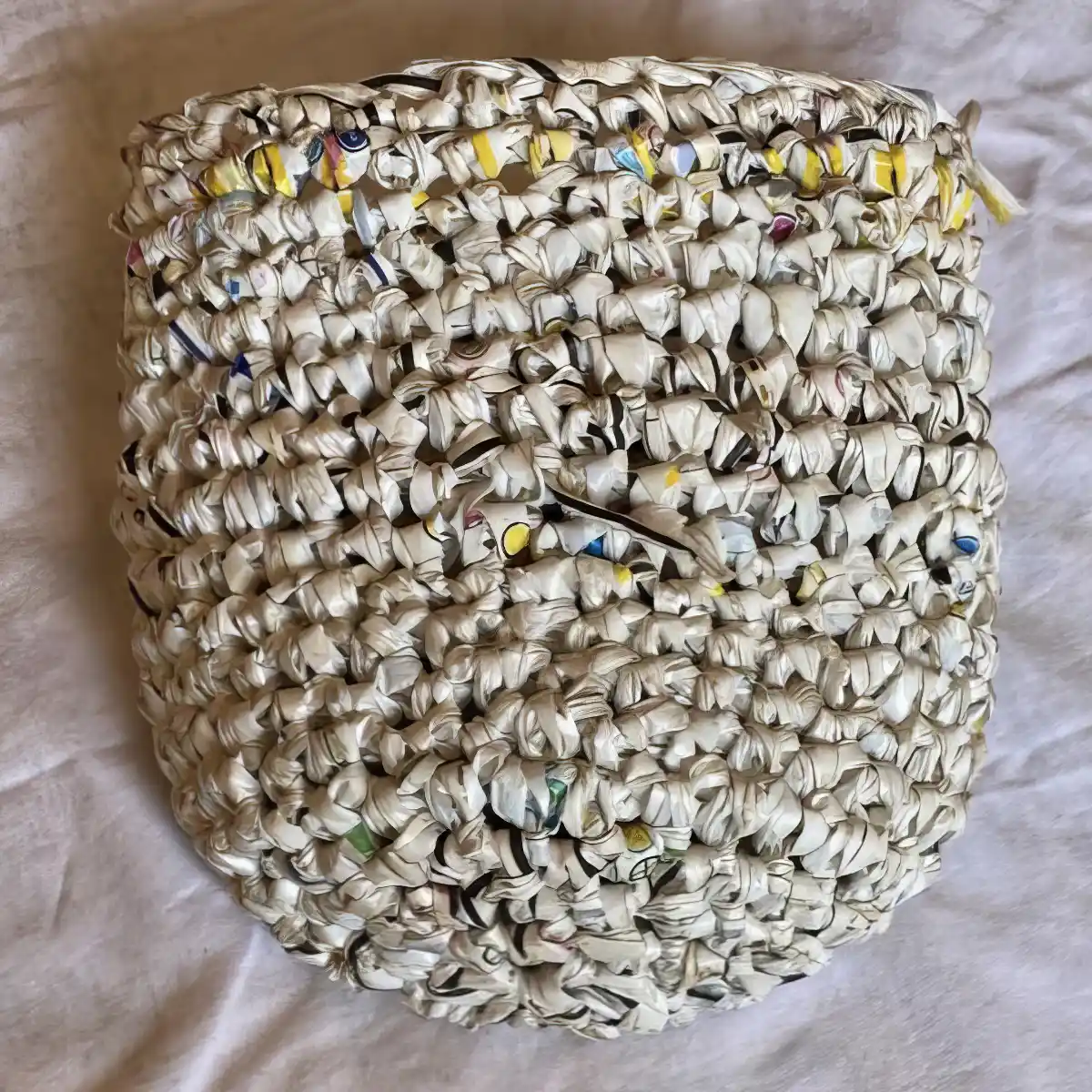
For example, in 2024 we experienced a drought, and our crops failed. We used some of the village savings to purchase drought resistant seeds – sorghum, millet etc – which helped sustain us throughout the year. Earlier we would just have to wait for the government to give us grain or for donors but this time, we could help ourselves. We feel empowered!
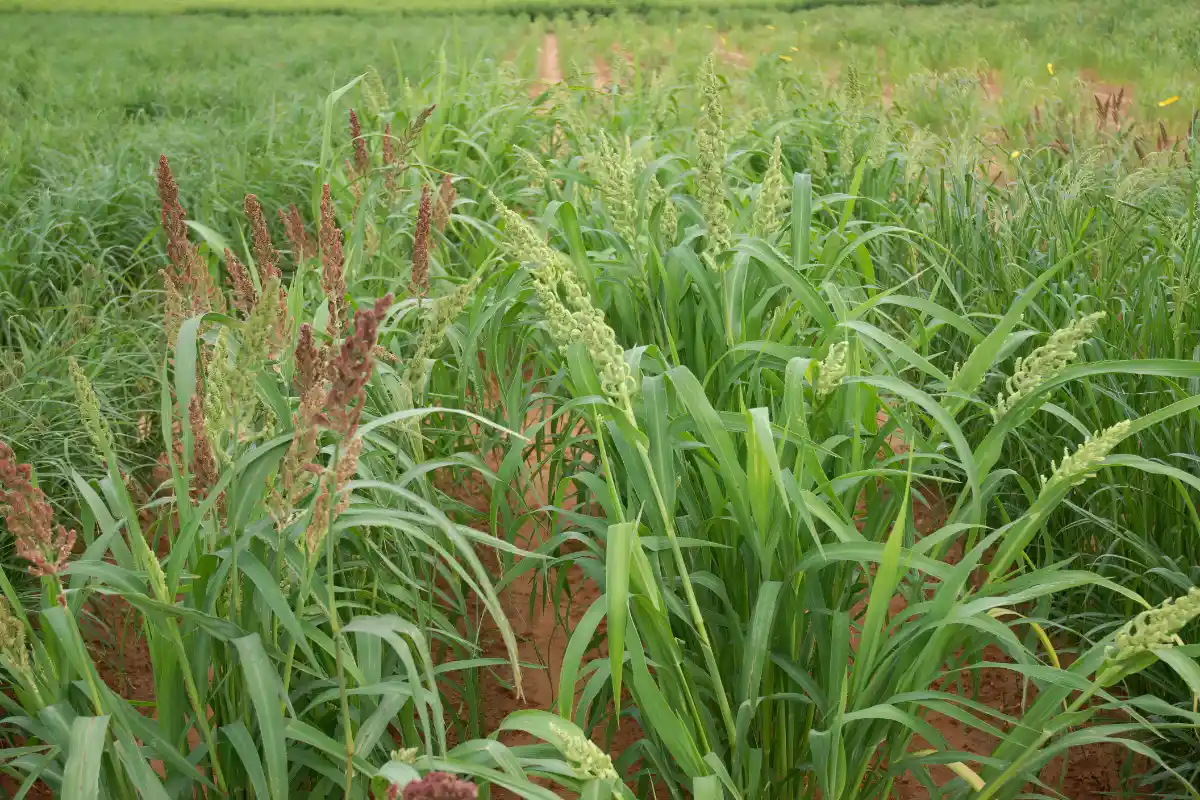
Being a part of the Our Kids’ Climate (OKC) Fellowship has been life changing for me. I’ve always wanted to be part of a supportive group that shares their challenges and solutions on how to navigate through them. And OKC has been amazing – they support us emotionally, psychologically, teach us communication skills and how to advocate for ourselves.
My goal is to help communities identify their assets and learn to stand on their own feet, to be empowered, and I want to see more resilient projects grow within different communities in Zimbabwe. I used to shy away from advocacy especially on public platforms but now that I have found my voice, I intend to use it to create a better future for my community and our world.
